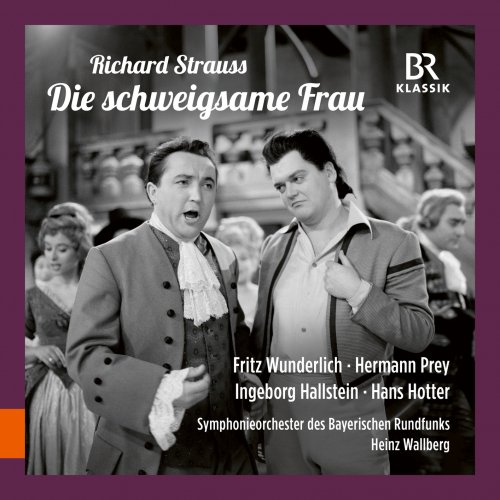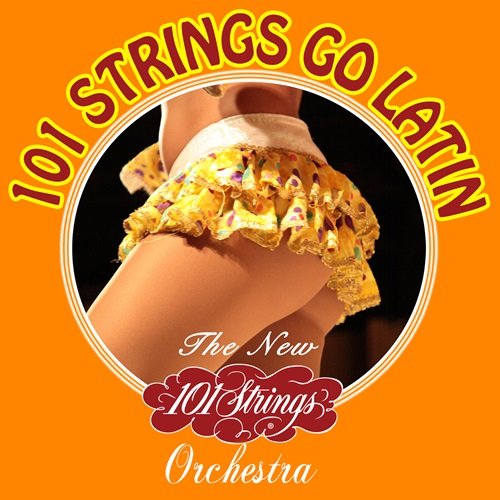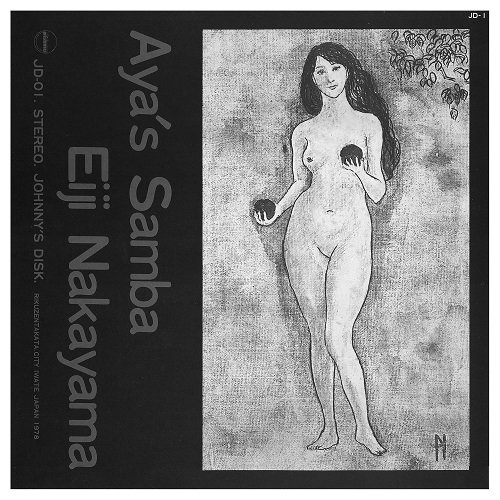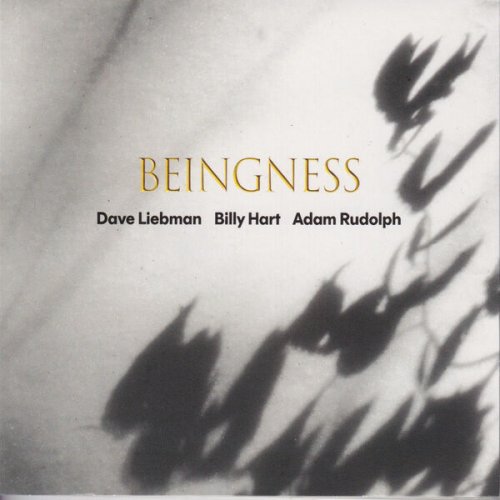Heinz Wallberg - Richard Strauss: Die Schweigsame Frau (Scenes) (2024) [Hi-Res]

Artist: Symphonieorchester des Bayerischen Rundfunks, Heinz Wallberg
Title: Richard Strauss: Die Schweigsame Frau (Scenes)
Year Of Release: 2024
Label: BR Klassik
Genre: Classical
Quality: flac lossless (tracks) / flac 24bits - 96.0kHz +Booklet
Total Time: 00:50:31
Total Size: 184 / 668 mb
WebSite: Album Preview
TracklistTitle: Richard Strauss: Die Schweigsame Frau (Scenes)
Year Of Release: 2024
Label: BR Klassik
Genre: Classical
Quality: flac lossless (tracks) / flac 24bits - 96.0kHz +Booklet
Total Time: 00:50:31
Total Size: 184 / 668 mb
WebSite: Album Preview
01. Die schweigsame Frau, Op. 80, TrV 265: Euer Liebden haben, ich fürchte, schlecht geschlafen
02. Die schweigsame Frau, Op. 80, TrV 265: Piano, piano! Und ich sage euch, er ist ein kreuzbraver Kerl
03. Die schweigsame Frau, Op. 80, TrV 265: Hah! Mir fällt etwas ein!
04. Die schweigsame Frau, Op. 80, TrV 265: Nicht viel schwätzen, nicht parlieren
05. Die schweigsame Frau, Op. 80, TrV 265: Anhiero gestatte ich mir, hochverehrliche Herren
06. Die schweigsame Frau, Op. 80, TrV 265: Du bist so still
07. Die schweigsame Frau, Op. 80, TrV 265: Was geht hier vor?
08. Die schweigsame Frau, Op. 80, TrV 265: Siehst du, Ohm
09. Die schweigsame Frau, Op. 80, TrV 265: Du süßester Engel
To mark the 75th anniversary of the Bavarian Radio Symphony Orchestra (BRSO) in 2024, the BR-KLASSIK label is now making previously unreleased recordings of concerts worth listening to available for the first time on CD and as a stream. Excerpts from Richard Strauss's comic opera "Die schweigsame Frau" (“The Silent Woman”) were pre-produced as studio recordings for a television programme in November 1960. The impressive cast was almost identical to that of the opera production at the Salzburg Festival in 1959 under the premiere conductor Karl Böhm: Hans Hotter (Sir Morosus), Hermann Prey (Barber), Fritz Wunderlich (Henry) as well as Ingeborg Hallstein (Aminta) and many others sang. Here, Heinz Wallberg conducts the Bavarian Radio Symphony Orchestra, and in contrast to the live recording from Salzburg, which is marred by the clearly audible stage noises of a turbulent production, the outstanding cast of singers in this recording is more effective. The BR-KLASSIK label is now marking the 75th anniversary of the Bavarian Radio Symphony Orchestra (BRSO) in 2024 by making this previously unreleased studio production available for the first time on CD and as a stream. After the death of Hugo von Hofmannsthal, Strauss thought he had reached the end of his operatic career – but then he found a librettist of equal calibre in Stefan Zweig, who provided him with "the best libretto for an opéra comique since Figaro" (Strauss). The comic opera was written between 1932 and 1935 and, despite the fact that Zweig was a Jewish librettist (who had since emigrated), Strauss managed to have the opera premiered in Dresden on June 24, 1935, conducted by Karl Böhm. However, because the composer insisted on printing Zweig's name on the posters and in the programme, the Nazis boycotted the performance. And after the Gestapo intercepted a letter that Strauss had written to Zweig expressing his delight at the successful premiere, the composer finally fell out of favour. The opera was taken off the programme after only three performances, and was not performed at any other German theatre until 1946. Strauss resigned from the presidency of the Reich Chamber of Music "for health reasons". Strauss endowed "Die schweigsame Frau" with an overabundance of musical ideas, turbulent ensembles and individual tone colours; light comedy and grand arias alternate. He casually quotes himself and a dozen other composers, including Rossini, whose "Barber of Seville" was the model for his talkative and manipulative barber. Music connoisseurs appreciate the many musical allusions in the work.


![J. Stafiński & Midnight Band - Jazz To Unwind (2026) [Hi-Res] J. Stafiński & Midnight Band - Jazz To Unwind (2026) [Hi-Res]](https://www.dibpic.com/uploads/posts/2026-02/1770188111_mxijk7n9hl0kt_600.jpg)
![Piero Piccioni - La Spiaggia - The Beach (Original Motion Picture Soundtrack) (2026) [Hi-Res] Piero Piccioni - La Spiaggia - The Beach (Original Motion Picture Soundtrack) (2026) [Hi-Res]](https://img.israbox.com/img/2026-02/03/uasuoa9tpx4fgqf2agcpx1qg3.jpg)




